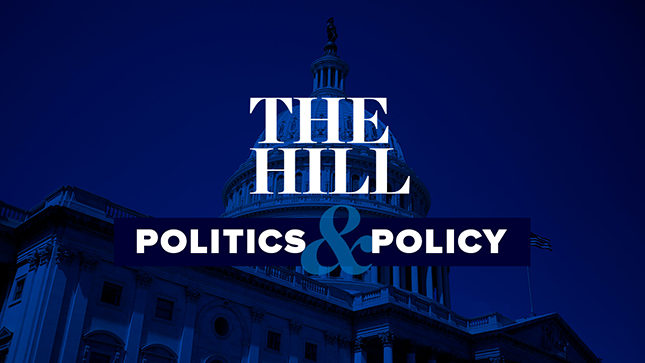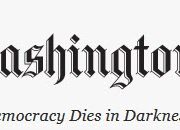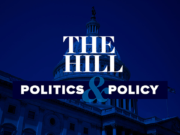Imagine a scenario: A politician runs for office promising to focus on a specific issue that is a priority for thousands, if not millions, of Americans. After he wins, those people call the politician and demand he follow through on the issue. That’s a clear example of how representative democracy holds politicians accountable for their promises.
But what if that politician’s donors are among those who demand action on the issue, or better yet, they threaten to stop donating until that promise is kept. For some people, this is proof of corruption. In reality, it’s not much different from the first scenario.
It is a common trope in the media to portray political fundraising as inherently unsavory, but some outlets have gone even further. They say the only factor causing congressional Republicans to continually revisit ObamaCare repeal is “right-wing billionaires” and “megadonors.” But are donors really the ones driving the congressional Republican health care agenda? Is it a problem for politicians to take fundraising into account?
A recent New York Times article about a behind the scenes meeting of Republicans described “furious” donors who have dramatically scaled back their political contributions after this year’s failed health care reform efforts. But the pressure is coming from far more than a few members of an elite donor class.
As the Times describes, “Republicans say the fundraising drop-off has been steep and across the board, from big donations to the small ones the party solicits online from the grassroots. They say the hostile views of both large and small donors are in unusual alignment and that the negative sentiment is crystallized in the fundraising decline.”
Indeed, about 44 percent of the funds the Republican National Committee raised in the first half of 2017 came from donors giving $200 or less. The huge drop in Senate GOP fundraising reported by the Times, from $7 million in March to $2 million in July and August, reflects discontent from more than just a few rich guys.
The word “donors” does not equal “oligarchs,” as some imply. After all, how “elite” can the donor class be if moderate and conservative Republicans alike feel free to repeatedly break from the party on a top campaign priority? Can donors buy Mitch McConnell but not Susan Collins or Rand Paul?
Still, the Times reporting shows that Republican senators are fretting about the financial backlash stemming from their failure to fulfill their campaign promises on ObamaCare. Is it a problem that lawmakers pay attention to the impact of their actions on fundraising? Not at all.
Widespread donor displeasure not only worries politicians because they need money to hire staff, run ads, buy yard signs, and perform other necessary campaign activities, but because it also signals falling support among other Americans. After all, it takes a particularly passionate supporter to open his wallet to politicians. If their support falls, imagine how much it must fall among less motivated voters.
Participation in politics doesn’t just come in the form of donations. Others participate by supporting advocacy organizations, becoming grassroots volunteers, or joining organized interest groups. If fewer people are willing to give money to the GOP after a high-profile policy fiasco, naturally there’s likely to be fewer citizens willing to lend their support in other ways.
Consider that one poll reported 79 percent of Republicans believe repealing and replacing the Affordable Care Act should be an “extremely” or “very important priority.” This disproves the myth that large donors are the reason that Republicans keep putting the issue on the congressional agenda. As Sen. Cory Gardner (R-Colo.) said, “We haven’t kept our promise.”
Many of those who overstate the power of large donors are, unsurprisingly, also the same people arguing for more restrictions on political spending and giving. They either don’t realize or willfully ignore that money isn’t just a tool for the wealthy and powerful. It enables citizens to pool their resources and amplify their voices.
That’s why membership groups like AARP and labor unions are so influential. Restricting one form of political speech would just force Americans to find other, perhaps more burdensome ways to make their voices heard. More importantly, First Amendment rights to political speech are inseparable from the ability to give money to a campaign, party, or advocacy group. The Supreme Court has said so for decades.
A strong democracy requires different groups voicing their concerns in different ways. This helps politicians keep their finger on the pulse of supporters and detractors. Donating money hasn’t allowed one viewpoint to dominate government. As long as differing viewpoints exist, it never will. It’s certainly one powerful way to let politicians know when the American people notice that promises have not been kept.
This post originally ran in The Hill on December 26th 2017.














